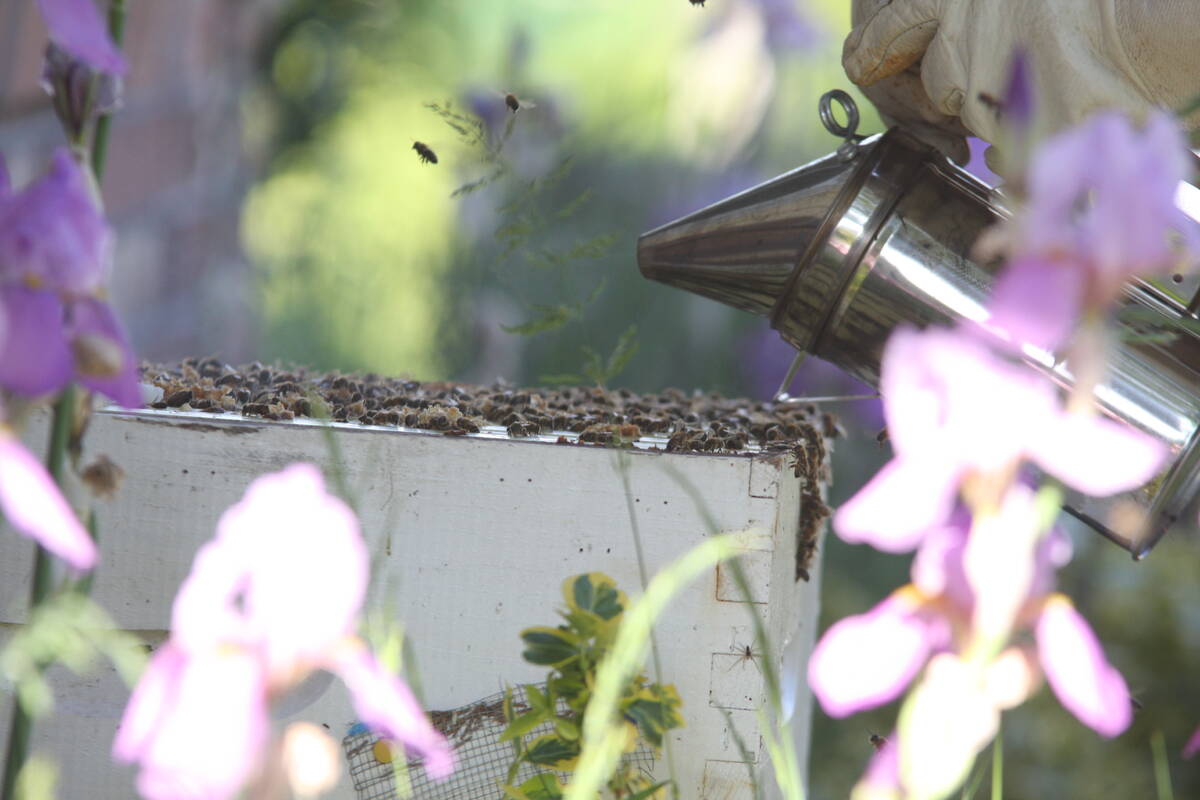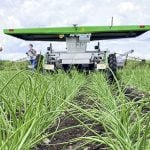The province is down to only four organic dairy farms, while demand for organic milk continues to increase
One of Alberta’s five organic dairy farms has closed, raising concerns about the ability to adequately supply consumers.
To try and boost output, Alberta Milk has announced Organic Incentive Days.
“It creates a challenge when an organic dairy farmer leaves the industry because we only have five,” said Karlee Conway, marketing and communications manager at Alberta Milk. “So that means that we have to signal to our current producers to produce more milk.”
With only four organic dairies left, it will take time before new operators can fully transition to organic production.
Read Also

Manitoba beekeepers battle for survival
Honeybee colony losses have hit 43 per cent, making 2025 the latest in a string of poor bee survival years for Manitoba’s honey producers
An organic designation involves various restrictions on cattle feed and use of chemicals, as well as other requirements by the Canadian Food Inspection Agency.
Once certified, an inspector visits the organic dairy farm every year to enforce organic standards.
The dairy industry is supply managed with every farm having set-out production quotas. The Organic Incentive Days permit organic dairy producers to produce more milk over a designated time.
Kris Nichols, director of research at Canadian Organic Growers, said consumer demand for organic dairy products has increased during the past several years.
“There’s an ongoing movement right now where consumers are wanting to know a little bit more about where their food comes from and having a greater connection to the farmer, and within much of the organic industry there’s more of an idea that you’re going to have a better connection with the farmer.”
Nichols said Alberta has only four organic dairy producers because of a variety of issues, one being the amount of organic feed available.
“There’s more demand than there is supply, or easy supply overall.”
Nichols said allowing producers more production could motivate more people to enter the organic dairy industry.















